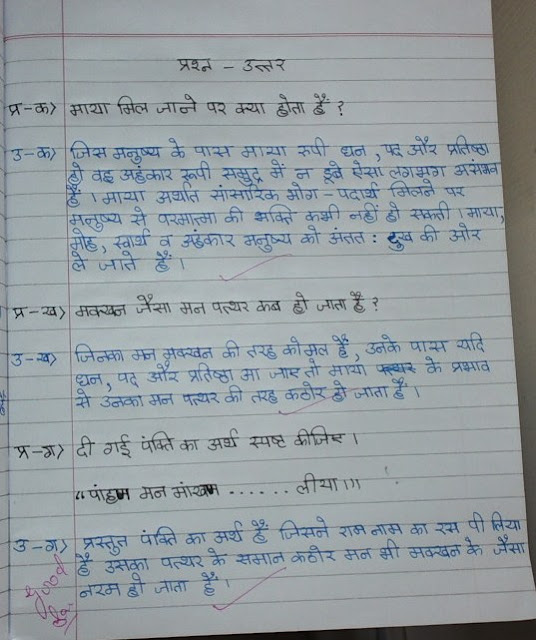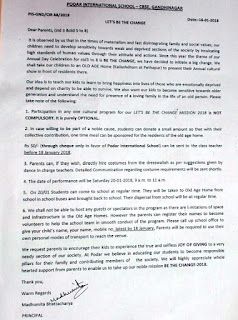Rainwater Harvesting E.E
Please refer to the text for Questions a) A.Rainwater harvesting is the process of bringing down the rainwater falling on roofs and terraces using closed pipes and directing it to storage tank or well from where the water can be used. b) A.Rising population, expanding industrialization and growing agriculture over the years have intensified the need for water. The water in the lakes and rivers are insufficient to meet the needs of the people. Hence, there is water crisis in our country. c) A.The residential localities and industries are drawing out ground water from wells to fulfill their daily requirements. This has led to depletion of ground water. d) A.The urban layout of the city causes all the rainwater from the roof and all the groundwater areas surrounding the house to flow towards the street, from where it goes down the drains and runs off as sewage water. Thus, a lot of water in the urban areas get wasted e) A.The water from rainwater harvesting may not b


